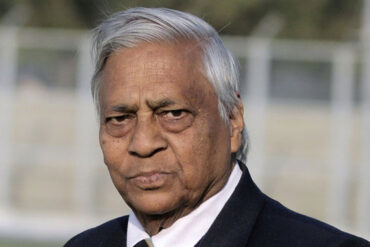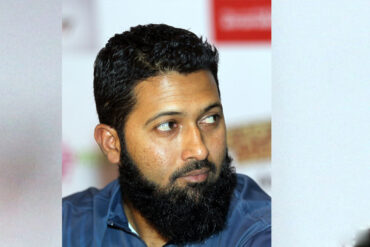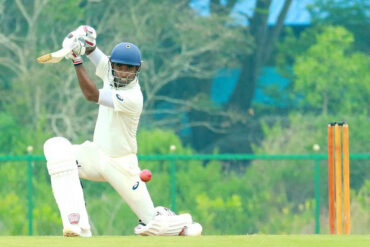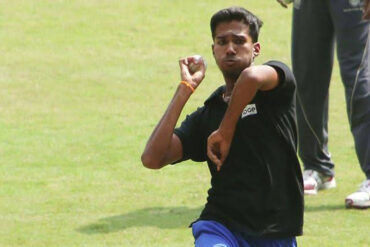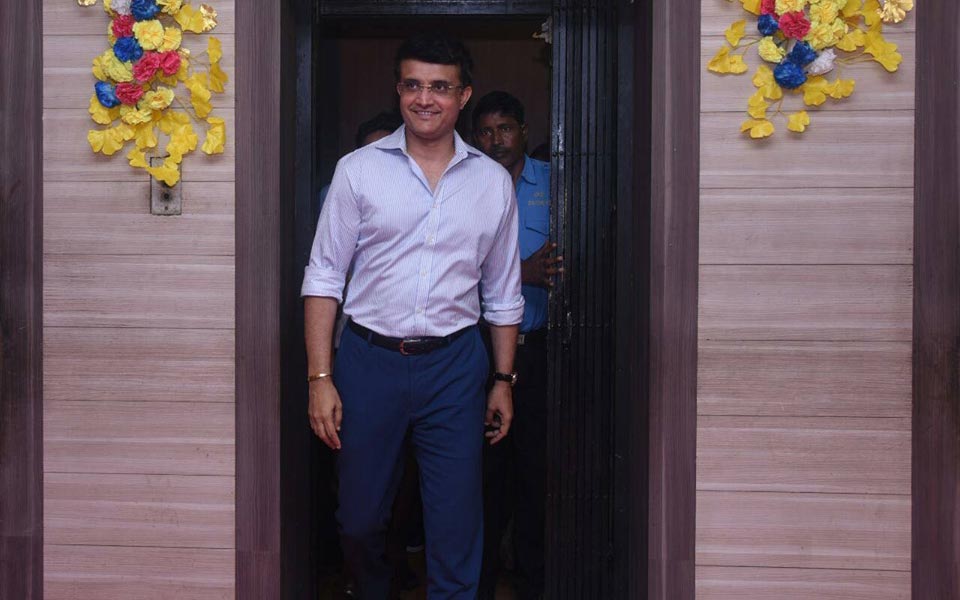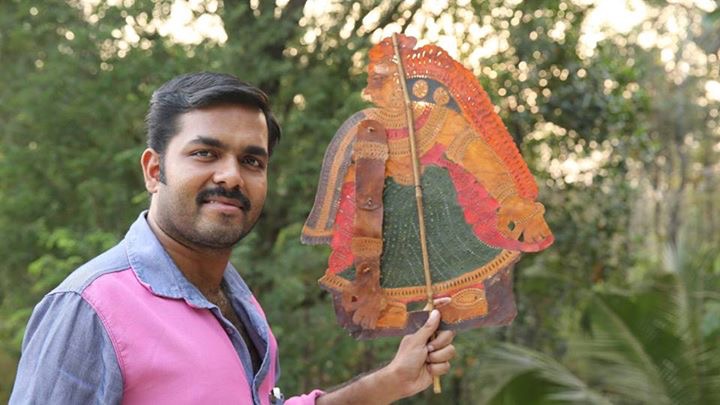Amidst the chaos and disarray in the administration of Indian cricket in the past few years, the appointment of Sourav Ganguly as the head of the Board of Control for Cricket in India (BCCI) comes as a breath of fresh air. The former Indian captain will officially take charge of the board on October 23 and, as of now, his tenure is supposed to last nine months before he goes for his mandatory three-year ‘cooling-off period’.
During his playing days, ‘Dada’ was regarded as a players’ captain. Both on and off the field, he used to rally behind his boys whatever the circumstances, and always led from the front. Now, as the head of the BCCI, ‘The Prince of Calcutta’ is expected to deal with all the stakeholders of Indian cricket in a similar manner, much like his mentor and former president, the late Jagmohan Dalmiya.
The clout that the BCCI has come to acquire in world cricket today is primarily the outcome of Dalmiya’s crafty administrative skills. He changed Indian cricket forever through the revolutionary concept of selling television broadcast rights. It brought money into system, which was later utilised for grassroots and infrastructure development.
Dalmiya was always supportive of India’s cricketers and, whenever there was an issue—the Mike Denness incident in 2001 being a classic example—he always backed the players to the hilt. And Dalmiya shared a fantastic equation with Ganguly till the very end. Hence, comparisons are bound to follow.
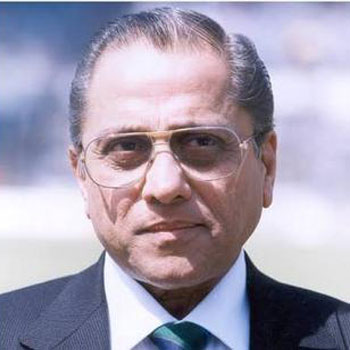
If his tenure at the Cricket Association of Bengal (CAB) is any indication, it can safely be assumed that Ganguly will be a pro-cricketer president. And in his first press conference after the confirmation of his appointment as BCCI President, Ganguly spelt out his vision.
“For me, my biggest focus will be First-Class cricket,” he said. “I have been very vocal about looking after the first-class players, especially the time they invest. First-Class cricket is the base, the strength. I have written so many times in the last few years that the remunerations need to increase, and increase manifold. So that’s going to be the priority, to set the First-Class cricket in order. Look at the cricket structure, look how governance happens—there is no smooth functioning.”
Interestingly, throughout his days as an administrator, Dalmiya tried hard to improve the pay structure of domestic players. Also, the pension scheme for retired national players was initiated under him.
However, unlike Dalmiya, who never interfered in the cricketing side of things, Ganguly, with all his credentials, may look to provide a suggestion or two to Virat Kohli. India hasn’t won an ICC event since 2013; in Test cricket, India’s batting continues to struggle in seaming conditions outside the subcontinent. Ganguly was quick to point this out as an area where India could improve upon.
Ganguly’s primary focus will be to put the BCCI’s house in order following the recent administrative turmoil, much like how it fell upon Dalmiya to drag Indian cricket out of the shadow of match-fixing back in 2000. Coincidentally, Ganguly was nominated as the captain in the wake of that scandal.
Dalmiya had a peculiar knack for experimentation. He played an instrumental role in BCCI organising the very first day-night One Day International (ODI) in India back in 1984. He, along with N K P Salve, I S Bindra and Ehsan Mani were the brains behind the staging of the 1987 Cricket World Cup in Asia for the first time, marking the beginning of the end of white dominance in world cricket.
Similarly, Ganguly was known for his out-of-the-box thinking as a captain and later, as president of the CAB. Whether it was the decision to open the innings with Virender Sehwag, or asking his deputy Rahul Dravid to keep wickets in order to play an extra batsman in ODIs, many of his experiments paid off as skipper.
Even as an administrator, Ganguly has never been shy of trying out new things. In 2016, CAB became the first-ever cricket association in India to organise a formal pink ball match under lights. India, however, is yet to play a pink-ball Test till date. But now, with Ganguly in a position to take the final call on such matters, there is a realistic chance of India playing its inaugural pink-ball Test match in the foreseeable future.
Although a term of nine months might seem too short to accomplish anything, things could change drastically if the central government manages to pass the proposed sports bill in parliament within this time frame.

